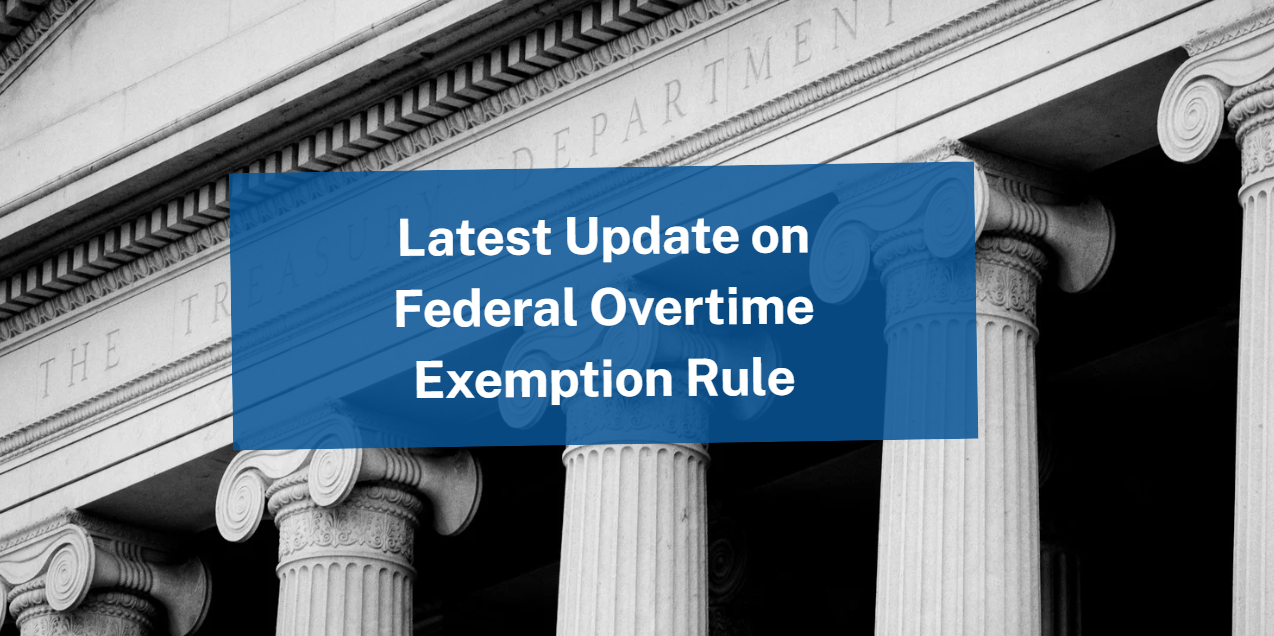There’s been a lot of uncertainty around the federal overtime rule lately, and understandably, many employers and employees are unsure about what to expect. Here’s a straightforward breakdown of what’s going on, what’s changed, and what you should do right now.
The 2024 Overtime Rule: What Was Proposed?
In 2024, under the Biden administration, the U.S. Department of Labor (DOL) introduced a rule designed to expand overtime eligibility for salaried workers. The goal was to raise the salary thresholds that determine who qualifies as “exempt” from overtime under the Fair Labor Standards Act (FLSA).
The Proposed Threshold Changes:
- Standard Exemption Threshold: From $684/week ($35,568/year) to $1,128/week ($58,656/year)
- Highly Compensated Employee Threshold: From $107,432/year to $151,164/year
- The rule also included automatic updates every three years to keep pace with wage growth.
Legal Challenges and What Changed in 2025
Before the rule could take effect, two federal courts blocked it in late 2024, ruling that the DOL had overstepped its authority. The Biden administration filed appeals, but in early 2025, the political landscape shifted with the return of President Trump to office.
In April 2025, the new DOL leadership under the Trump administration asked the courts to pause the appeals process, a sign that the 2024 rule may be withdrawn or significantly revised.
What’s the Rule Right Now?
As of now, the 2019 overtime rule remains in effect. That means:
- The exemption threshold is still $684/week ($35,568/year)
- The highly compensated threshold remains $107,432/year
- Employers are not required to adjust salaries to meet the proposed 2024 rule. However, the DOL has stated it will provide updates every 60 days, and legal or regulatory changes are still possible later in 2025.
What Employers Should Do Right Now
- Continue following the 2019 salary thresholds
- Watch for updates from the DOL in the coming months
- If you’re in a state with stricter overtime laws, follow your state’s regulations
- Stay flexible in case federal guidance shifts again
In Conclusion
Staying ahead of evolving wage and hour regulations is critical to protecting your business. While the 2024 overtime rule is currently paused, the legal landscape is still shifting, and staying compliant requires close attention.
At UniqueHR, we help employers navigate complex labor laws with confidence. If you have questions about exempt classifications, salary thresholds, or overall compliance, give us a call at 800.824.8367 to schedule a free consultation.


